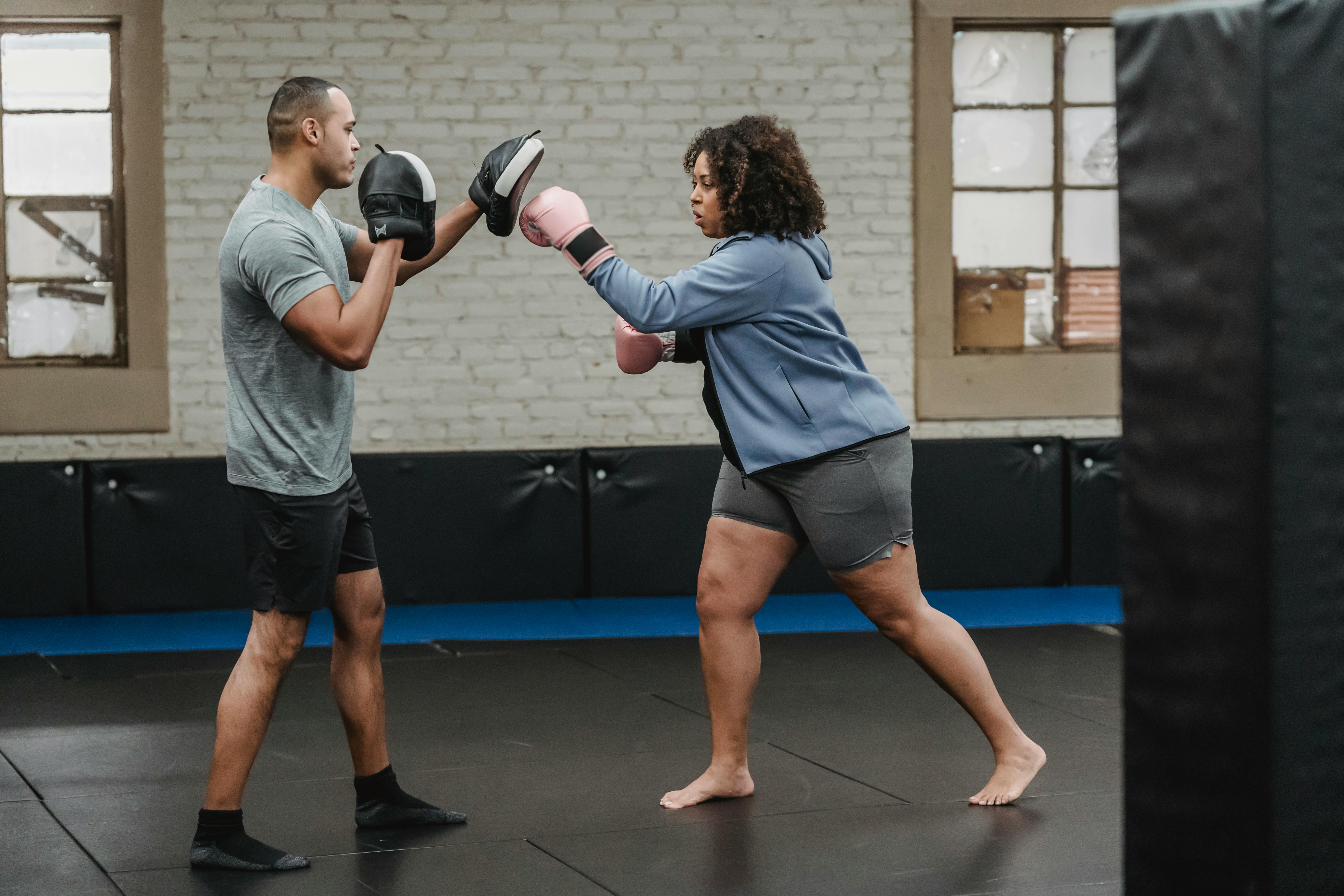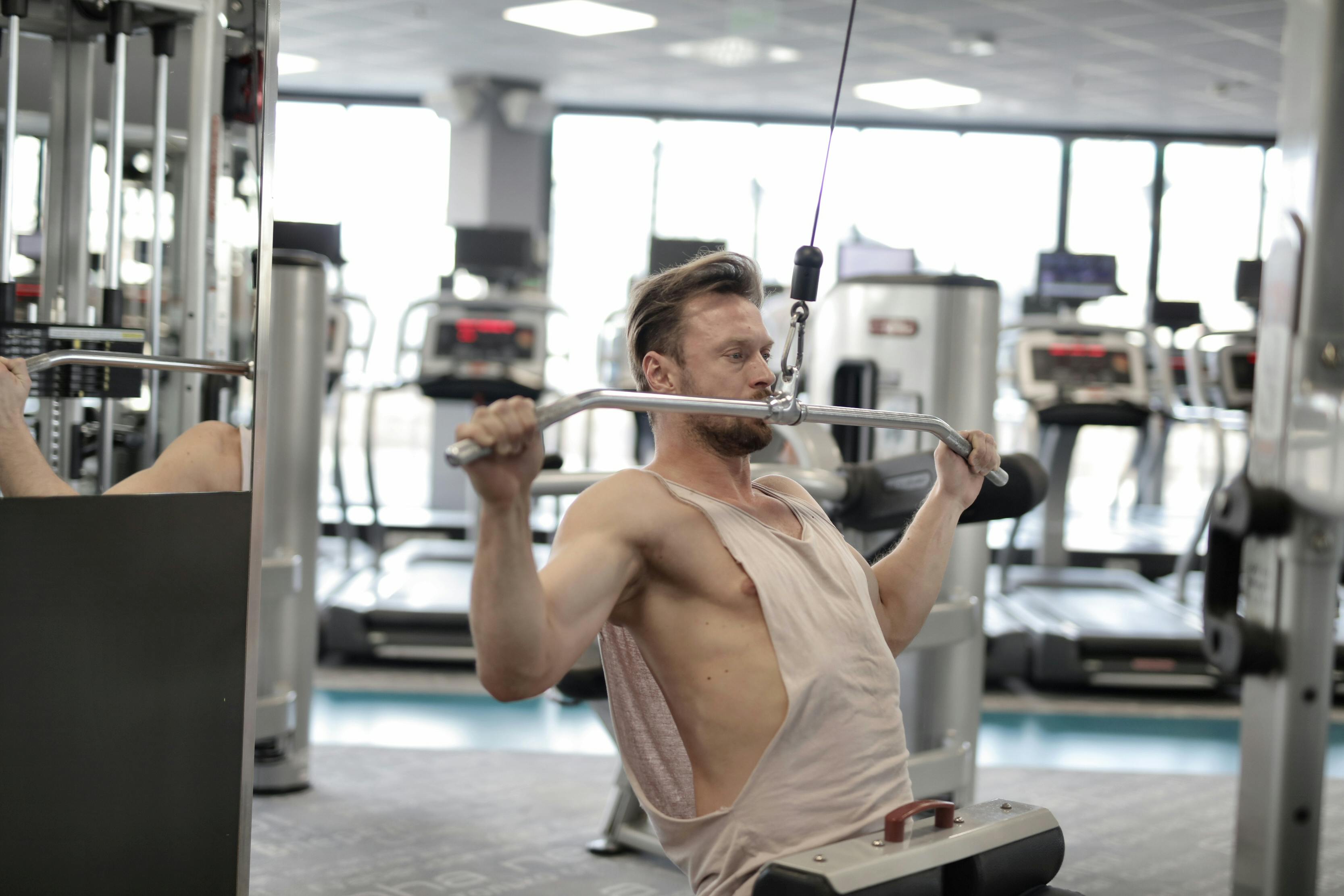New study provides irrefutable evidence that being overweight and pull-ups are inversely related
A new study reveals that there is an inverse relationship between being overweight and the ability to perform pull-ups. That is, an increase in one effectively decreases the other. (ie, more excess weight equals less pull-ups, and vice versa).
In this study, a Chicago-based team of experts randomly selected 15 men and 15 women from a local gym. The only qualification was that they had to be able to perform at least one legitimate pull-up.* In this group, the best player was able to do 12 reps, while there were 8 on the bottom rung who could only do one.
All performances were cut
In the first step, with the help of a special weight belt, they placed a 25 lb. weight. weight plate to each performer’s waist and repeated the pull-up test one more time. The result was that 25 of the 30 participants were immediately unable to do even one repetition. The performance of the best participant deteriorated from 12 to 4 repetitions, while the other four were reduced to 2, 2, 1 and 1 respectively.
The test repeated 4 times
In step two, the same experiment was repeated four more times with 20, 15, 10, and 5-pound weight plates. As a result, with each reduction in excess weight, the overall performance of the group improved. “Our conclusion,” according to spokesperson Dr. IM Noduh, “was that there is an inverse relationship between excess weight and one’s ability to perform pull-ups. In other words, as excess weight increases, performance decreases.” automatically. On the other hand, as excess weight decreases, performance automatically increases.”
It doesn’t matter…
In step three, the expert team carefully compared a 25-lb. weight plate at 25 lbs. of refrigerated bacon fat (pure, unadulterated fat) and confirmed that they both weighed exactly the same amount, either in pounds or kilograms. “The takeaway from step three,” Noduh said, “was that it doesn’t make any difference whether the excess weight comes in the form of iron or fat. Both inhibit pull-up performance equally.
What about dips and pushups?
He was asked if there were any other bodyweight exercises like dips, push-ups, push-ups, rope climbing, vertical jumping, etc. all the experts agreed that they had yet to perform those experiments, but they speculated that the results would all be the same. “There appears to be a direct relationship between the presence of excess weight and the ability to functionally manage one’s own body weight,” Noduh said. “It’s really as obvious as the nose on your face.”
*A legitimate lift for the purposes of this study means that athletes start from a hanging position, with their elbows fully extended, lift until their chin touches the bar, and return to the starting position. That constitutes a repetition. Anything else—kicking, yelling, yelling, even getting dressed—was fair game.




